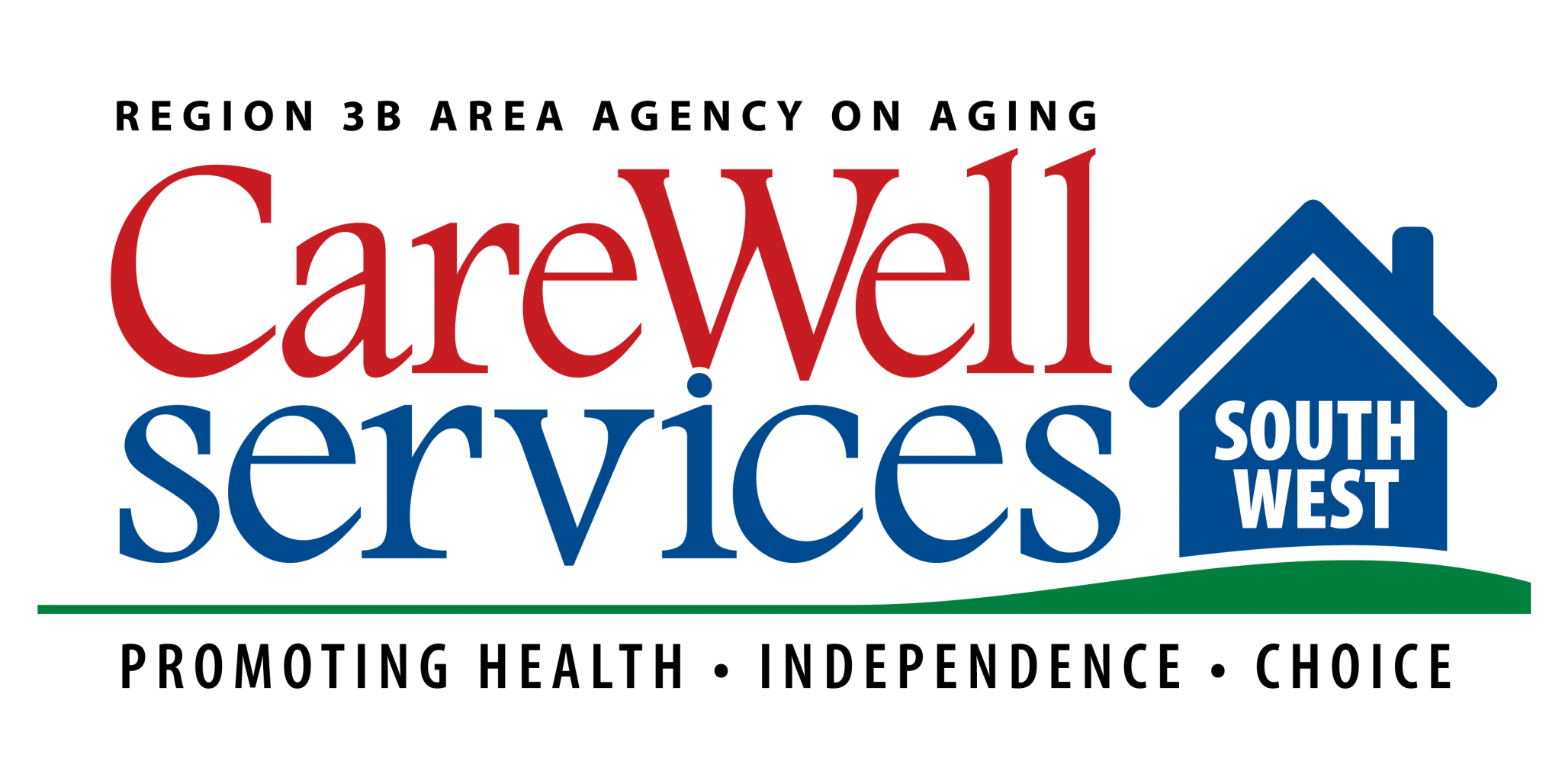
Seniors are at increased risk for being targets of scams and financial exploitation, the theft of money, property, or belongings. Scammers see seniors as safer targets because they often have a steady income and limited experience with technology if they are being targeted over the phone or computer. Additionally, age can bring cognitive impairments that affect financial decision-making and judgment while also increasing a sense of trust and vulnerability due to care needs.
You may be looking into future planning and arranging documents for end-of-life care with a legal representative. While these legal documents for finance and health purposes may be attractive options, it’s important to note that they give someone else a lot of authority over your affairs. In the future planning space, there are several of these documents that leave you subject to abuse. Some of those include Power of Attorney, Health Care Power of Attorney, a Trust, and Do-Not-Resuscitate Order.
Here’s what to be aware of when handling end-of-life care legal documents:
- If you don’t appoint a Power of Attorney (someone to manage your money or property) before your decision-making ability declines, a family member or friend may have to go through a lengthy, expensive visit to court.
- You may appoint a Durable Power of Attorney but this may not be right for everyone, as a Durable Power of Attorney retains their control if you become disabled or incapacitated.
- Joint ownership of certain assets and bank accounts may allow the other person to handle the assets on your behalf.
In the event you find it to be in your best interest to allow someone else to provide assistance with decision-making or money management, we have three top tips for you:
- The person you appoint must be trustworthy and honest.
- If the person you’ve appointed is not fulfilling their obligations, they can be removed.
- Know your options. The courts are in charge of the appointment of the person in the case of a guardianship and a conservatorship. A guardianship means that the Probate Court has appointed someone else to make medical and placement decisions. A conservatorship gives power to someone else to manage your financial assets and property.
Lastly, be careful choosing the legal representative you work with when filing end-of-life documents. Your attorney should not be affiliated with a financial investment company or life insurance provider, as they may have other motives for assisting in your legal papers. You also want to be careful because you will want to consult with them when preparing any legal document giving someone else authority over your healthcare or finances.
End-of-life care planning is an important process. Unfortunately, it leaves seniors vulnerable to being exploited for their assets. As long as you are informed and careful about who you can trust and provide authority to, you can feel safe in your legal future planning.

